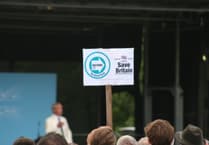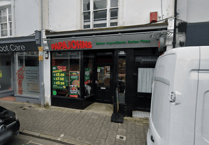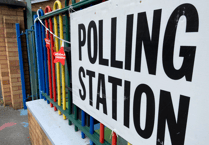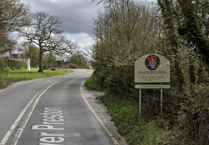Twenty’s plenty, is a scheme which has been adopted in many towns and cities and could be coming to a town near you. Devon County Council have been trialling 20mph across residential areas in parts of Newton Abbot and Kingskerswell.
The idea is now in another consultation stage, with residents and visitors of Newton Abbot being asked to have their say on the idea. If proposals are supported by the community the Newton Abbot 20 scheme could start as early as spring 2022
Campaigners for a reduction in speed limit cite many benefits, they include health and wellbeing, environmental and road safety. T
he general public generally support 20mph speed limits and zones already exist, however usually only outside schools. Councils will currently only look at changing the speed limit or introducing speed calming measures in areas which have collisions recorded.
Many communities would like to see measures introduced, but the evidence-based approach currently taken means the council thinks otherwise.
Larger cities have successfully rolled out 20mph limits to all residential roads, this is then been extended to more roads in the centre of towns and surrounding areas. Cities such as Bristol have recent adopted this community-wide speed reduction. Studies have shown the number of road collisions drops considerably with every 1mph drop in speeds.
But would lowering speed limits without enforcement work?
Police do not have the numbers to support any enforcement action, community speed watch initiatives work well in practice but rely on limited volunteer numbers.
In Bristol the speed limit has been enforced with mostly signs only, whilst this has been effective there is no hard enforcement of speed limits.
The police would have an integral role to play in enforcement, but due to falling numbers on our streets they would simple not be able to enforce this.
The 20’s plenty for us organisation calls for multi-agency collaboration and social marketing instead of just police enforcement. The aim for many campaigns is to make the speed limits ‘self-enforcing’ and tries to change driver attitudes rather than enforce rules, this would involve a large marketing drive and signs to encourage drivers to drive at lower speeds.
This is much cheaper than introducing measures such as speeds humps, but some would say is less effective.
Lower speed limits are also said to increase walking and cycling making roads safer, but it would probably do nothing to battle the ongoing blight of congestion in Devon towns.
Alongside 20mph speed limits the counties roads can be made safer by cutting congestion, through investing in walking and cycling facilities and public transit infrastructure.
Commuters already probably spend a large amount of a journey travelling at low speeds. Nobody can deny the safety benefits of lower speed limits, especially in residential areas.
The Newton Abbot 20 scheme can make our roads safer, but we also need to try and encourage people to ditch their cars and embrace alternative travel.
Find out more and take part in the consultation at newtonabbot20.org.uk.




